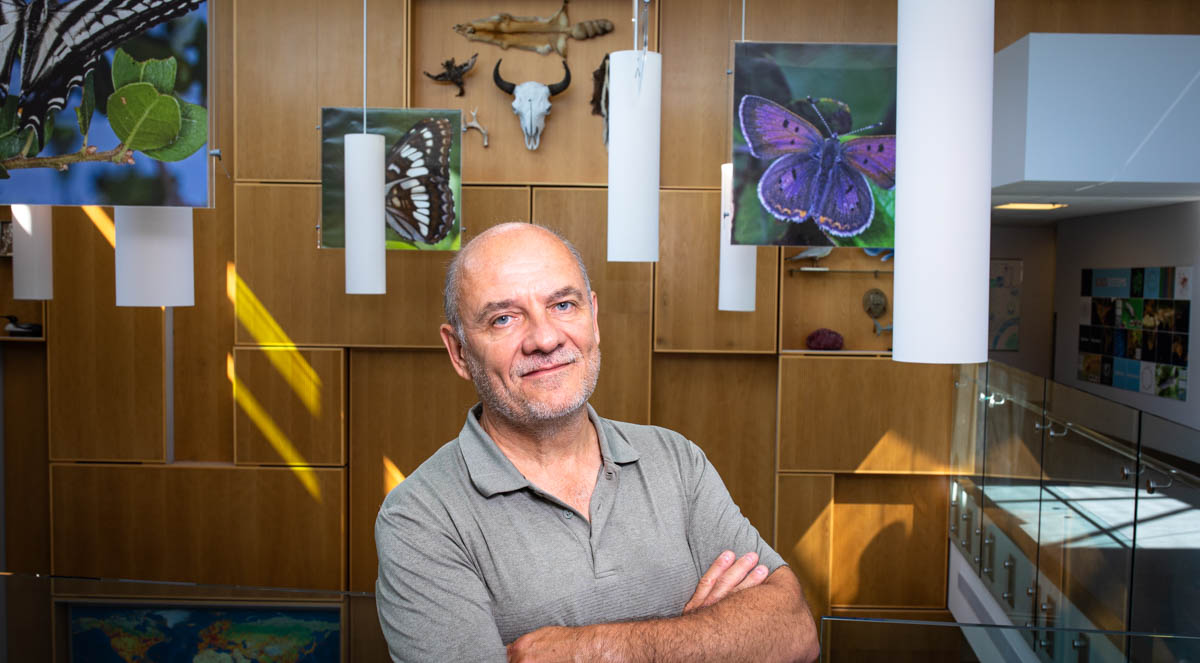Andrew Vowles

Program
2025 MA, Art History and Visual Culture
Why I Chose Guelph…
I've had a longstanding interest in art and art history, including my amateur practice in life, portrait and landscape drawing. As a longtime U of G staff member and grad of the University, it made sense to pursue grad studies here. Having taken a handful of undergrad art history courses in recent years, I felt comfortable with the program and its people.
Tell us about your path to this program at Guelph?
In 1984, I completed a B.Sc. in wildlife biology at U of G. Since then, I have spent nearly four decades as a full-time writer/editor, including working since 1998 in the University's central communications office. Several years ago, I resumed undergrad studies in art history as a mature student, taking everything from intro classes to senior seminar courses. That led to my applying for grad studies in winter 2021, with the encouragement of art historian Prof. Dominic Marner.
How Will Your Research Improve Life?
Connecting art and science -- indeed, meshing various disciplines -- is more important in our increasingly complicated, interconnected and technology-mediated world. Ultimately, the global barcoding project aims to stem biodiversity loss. My question was: How do scientists use imagery (photos, video as well as visualization data in the form of charts, graphs, maps, etc.) to share their findings, to convey the message about protecting the planet and to change people's attitudes? That's at least partly an ethics question, one that I explored through this MA thesis project.
What is it like to be a grad student at Guelph?
Grad studies enabled me to focus on my chosen topic in lots of breadth and depth while learning from and sharing with other students and instructors with similar interests. I liked the intellectual rigour involving discussions, projects, reading (and more reading) and observing. My part-time status enabled me to balance school and work; I spent time on my thesis and studies every day.
What do you like best about the U of G campus, and living in the city of Guelph?
The library -- and its connections to other libraries in Ontario, a major benefit for sourcing information and material. Occasionally, my wife and I have dinner at Creelman Hall, pretending to be full-time (and younger) students. We also frequent the U of G arboretum in all seasons, as well as the Art Gallery of Guelph.
Guelph is green, environmentally and politically. It's big enough and small enough at the same time. It's well-located for us, with handy access to our respective kids and to a summer place near Lake Huron. Downtown amenities in no particular order: Bookshelf and Janus Books, Einstein's Cafe and Buon Gusto. Balzac's coffee. Neighbourhood walks along both rivers.